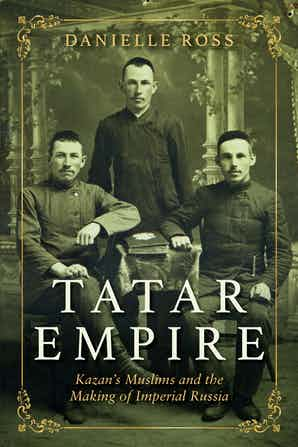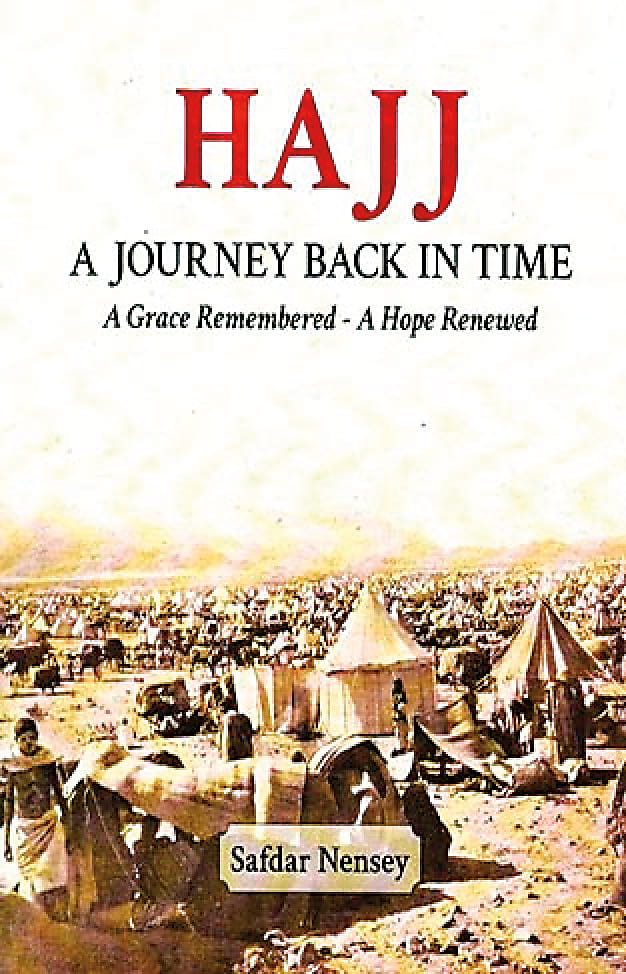
Tatar Empire: Kazan’s Muslims and the Making of Imperial Russia
Alva Robinson
Danielle Ross
2020, Indiana UP, 978-0-25304-571-3, $30 pb.
Ross argues that the Kazan Tatars, who had settled along the Volga River as early as the eighth century CE, played a key role in the rise of the Russian empire some 10 centuries later. After the Russian conquest of their khanate in 1552, Kazan Tatars began forming “a new identity for themselves” in response to 17th-century crises including the impact of Russian policies against their own local leadership bodies. The remnants of the Kazan Tatar nobility adapted, creating a “codependent relationship” with Russian officials that “began to empower specific networks within Kazan Tatar society and to facilitate the extension of those networks [away] from their homeland” to the Urals, western Siberia, the Kazakh steppe, and the Russian-Chinese borderlands. Although Ross neglects to define the cultural and linguistic identity of Kazan Tatars, she succeeds in tracing the “relationships among the multitude of jurists, shaykhs, merchants, industrialists, bureaucrats, teachers, rebels, revolutionaries” that blurred “the categories of colonizer and colonized” and figured significantly in the rise of the Russian state.
You may also be interested in...
.png?cx=0.45&cy=0.59&cw=382&ch=519.4922937443337)
New Book Decodes Mystery Behind Sixth Century Mosaic Pavement
Jane Chick’s 2024 study on enigmatic Libyan mosaic bridges Late Antiquity Roman and early ecclesiastical art.
Author Safdar Nensey’s Hajj: A Journey Back in Time—Our Book Review
Safdar Nensey invites readers into one of the world's oldest and most sacred annual expeditions: the Muslim pilgrimage to Makkah.